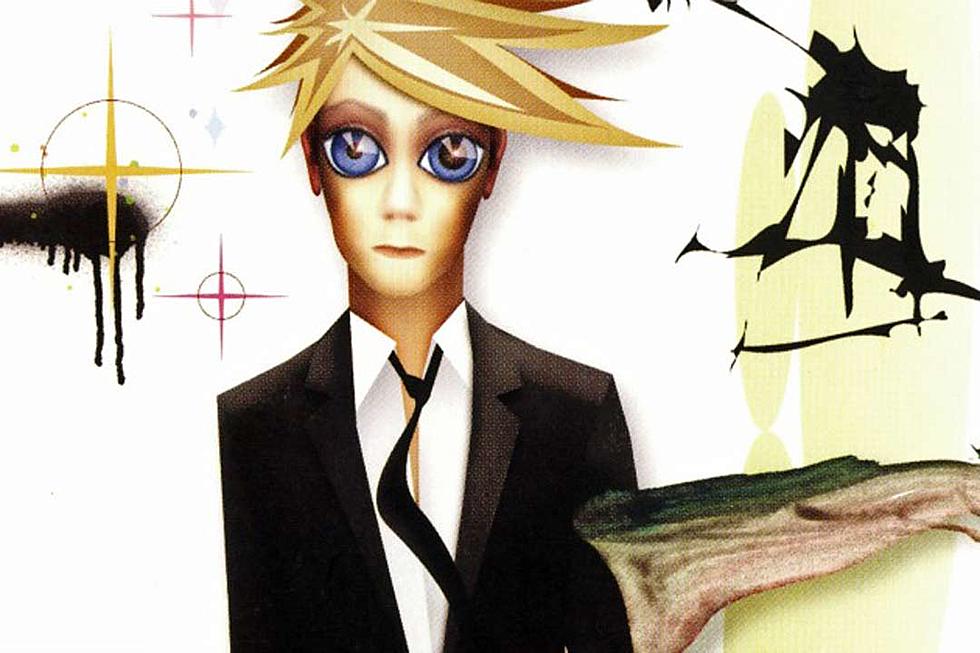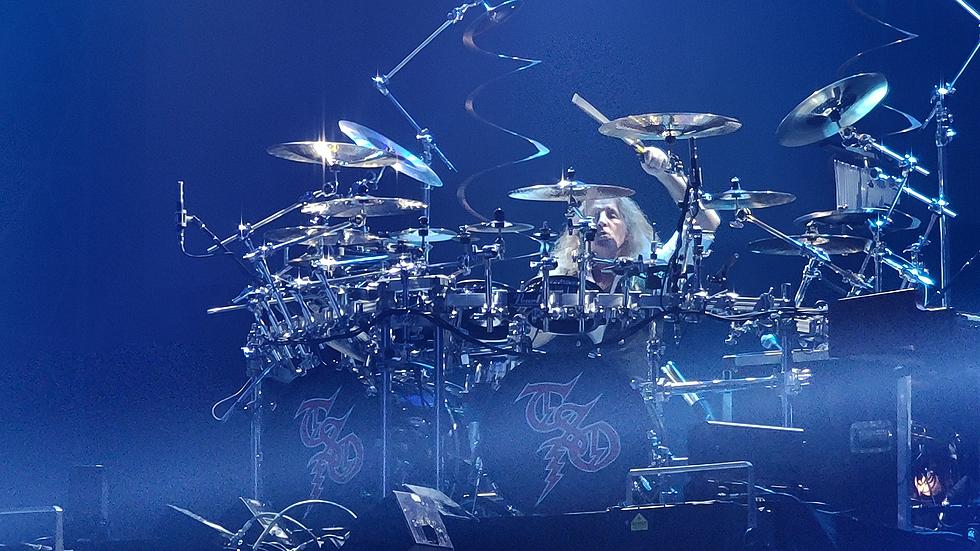
Why David Bowie Became More Direct With ‘Reality’
It took David Bowie a mere 15 months to write and record his 23rd album, 2003's Reality. While no one could have guessed it at the time, it'd take him another 10 years to finish his 24th.
Released on Sept. 16, 2003, Reality found Bowie working once again with frequent collaborator Tony Visconti, who returned to co-produce 2002's Heathen for the first time since 1980's Scary Monsters. The platinum-selling Heathen brought Bowie some of his best reviews in years, but rather than trying to duplicate that album's heavily layered approach, the duo opted for a more direct, aggressive sound.
"There's a part of David Bowie that definitely does not want to repeat himself, so we were committed to avoiding the Heathen formula," Visconti explained to Sound on Sound. "He wanted to change to something that he and his live band could play onstage with great immediacy, without the need for synthesizer patches and backing tracks. He wanted to make this more of a band album."
While Bowie mildly disputed Visconti's version of events ("it really doesn't work like that"), he admitted to Sound on Sound that "I was looking for something that had a slightly more urgent kind of sound than Heathen."
To Bowie's way of thinking, the change in approach was a byproduct of his surroundings during the writing process. "I think the mainstay of the album is that I was writing it and recording here in downtown New York. It's very much inspired by where I live and how I live and the day-to-day life down here. There is a sense of urgency to this town."
Like a number of Bowie records, Reality incorporates a mixture of material, some of it freshly written ("Fall Dog Bombs the Moon," which was reportedly composed in half an hour) and some drawn from Bowie's back pages ("Bring Me the Disco King," which had been kicking around in various incarnations since the '70s). Ironically, given the decade of silence that was soon to follow, Bowie also told Sound on Sound that the quick downtime between Heathen and Reality reflected a change in his own creative tempo.
"These days, it's great to be able to record more frequently and clear the decks of the songs I'm writing," he mused. "For me, this is a far preferable way to go. ... I think I find an album a year very comfortable. It doesn't faze me at all, and it tends to follow the pattern and the rhythm at which I write."
Listen to David Bowie Perform 'She'll Drive the Big Car'
Reality represented yet another evolution in sound for a performer known for his chameleonic shifts in style, but Bowie insisted all of his music was essentially of a piece. "I don't really think it's going to change very much," Bowie said when asked by the New York Times to describe his creative approach.
"As you get older, the questions come down to about two or three. How long? And what do I do with the time I've got left?" he added. "When it's taken that nakedly, these are my subjects. And it's like, well, how many times can you do this? And I tell myself, actually, over and over again. The problem would be if I was too self-confident and actually came up with resolutions for these questions. But I think they're such huge unanswerable questions that it's just me posing them, again and again."
If his songwriting approach remained unchanged, Bowie was perfectly willing to admit that he saw major challenges ahead for the recording industry, then still in the early years of the ugly tailspin it entered at the dawn of the Mp3 era.
"Music itself is going to become like running water or electricity," he predicted to the Times. "So it's like, just take advantage of these last few years because none of this is ever going to happen again. You'd better be prepared for doing a lot of touring because that's really the only unique situation that's going to be left. It's terribly exciting. But on the other hand it doesn't matter if you think it's exciting or not. It's what's going to happen."
But as the business that earned him his livelihood entered a period of turmoil, Bowie told critic Anthony DeCurtis that he found himself mellowing out – and perhaps signaled his pending decade of semi-retirement.
"I've stabilized my life to an extent now over these past 10 years. I'm very at ease, and I like it," Bowie said. "I never thought I would be such a family-oriented guy. I didn't think that was part of my makeup. But somebody said that as you get older you become the person you always should have been, and I feel that's happening to me. I'm rather surprised at who I am, because I'm actually like my dad!"
Final Albums: 41 of Rock's Most Memorable Farewells
More From 96.1 The Eagle








